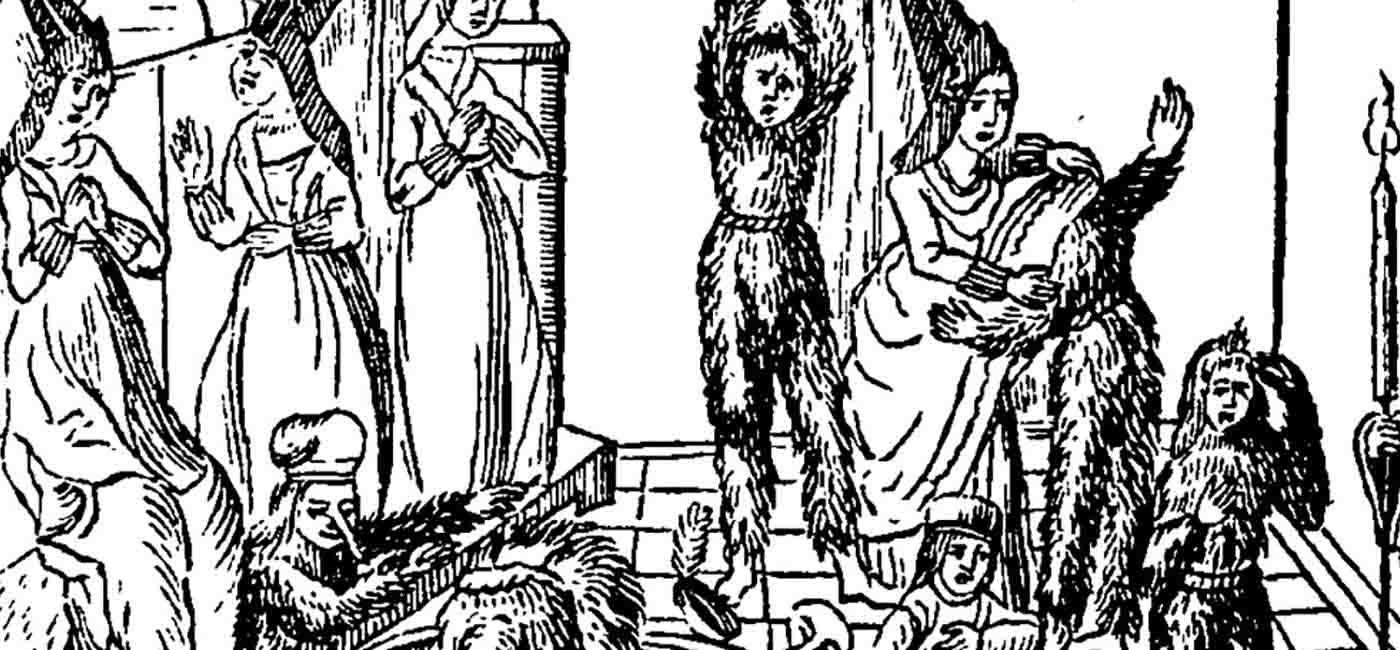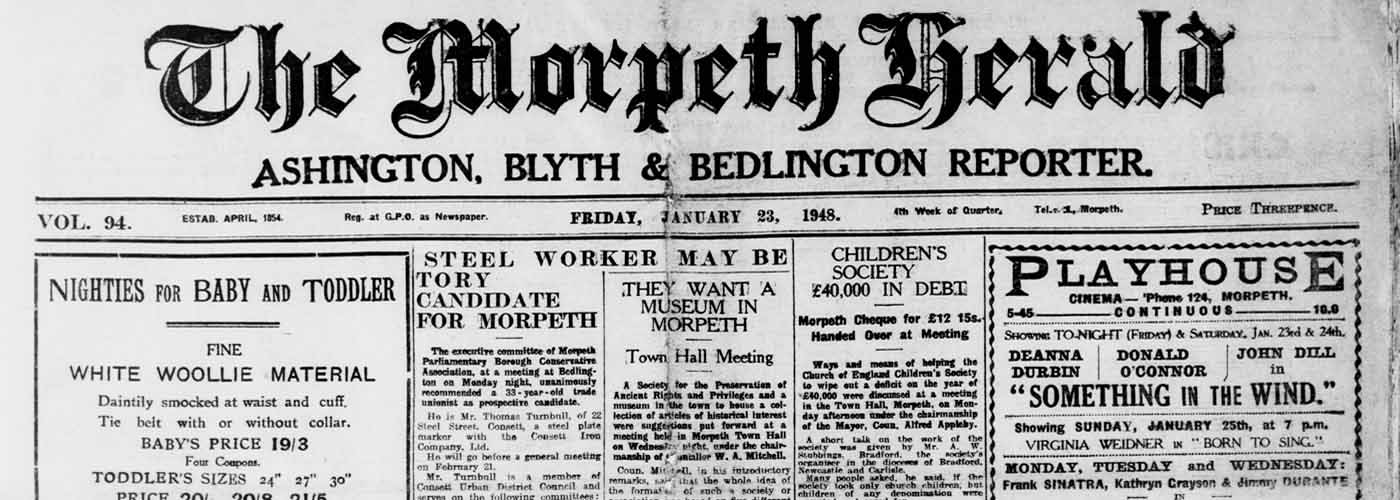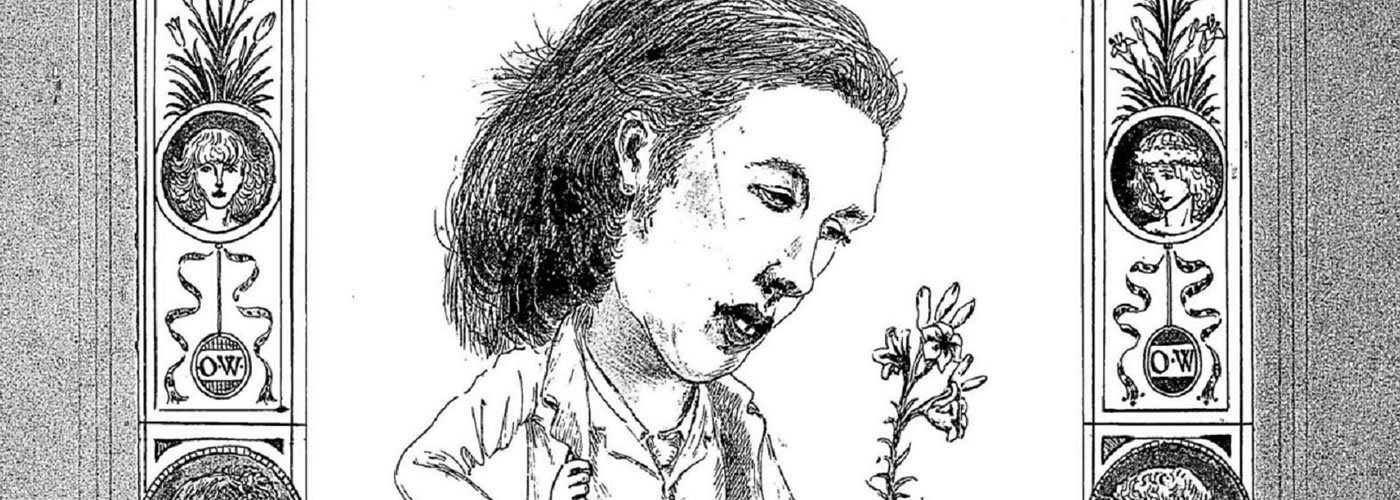Focus Your Search
Click on the tabs below to guide your initial search. Use filters to expand or scale down the results for each category.

Click on the tabs below to guide your initial search. Use filters to expand or scale down the results for each category.

Liberia and the U.S.: Nation-Building in Africa, 1864-1918
This series consists of correspondence and telegrams received and sent by the United States' diplomatic post in Liberia. The topics covered by these records include all aspects of relations with Liberia, and interactions of American citizens with the Liberian government and people.

This series consists of reports, studies, and surveys on various topics of interest to the Department of State. The reports vary from short memorandums to detailed, documented studies. The topics range from individual commodities or countries to the economic and political characteristics of whole regions. This collection consists of research and intelligence reports prepared during 1941-1947 on Japan.

Sunday School Movement and Its Curriculum
Early in the 19th century various denominations and non-denominational organizations began to create Sunday schools in an effort to educate the illiterate, particularly children. By mid-century, the Sunday school movement had become extremely popular and Sunday school attendance was a near universal aspect of childhood. Working-class families were grateful for this opportunity to receive an education. Religious education was, of course, always also a core component. The Bible was the textbook used for learning to read. Likewise, many children learned to write by copying out passages from the Scriptures. A basic catechism was also taught, as were spiritual practices such as prayer and hymn-singing. Inculcating Christian morality and virtues was another goal of the movement. Sunday school pupils often graduated to become Sunday school teachers, thereby gaining an experience of leadership not to be found elsewhere in their lives.

Korea: Records of the U.S. Department of State, 1930-1963
This archive documents Korea under Japanese occupation through the postwar period. Japan annexed Korea in 1910, and in the period 1931 to 1945 it ruled Korea by a strict military regime with complete cultural assimilation the order of the day The euphoria following Japan's defeat, and Korea's liberation, in 1945 was short lived as Soviet and American policy makers divided Korea under a joint protectorship. The Korean War, which broke out in 1950, resulted in a strategic stalemate, and the unwillingness of the United Nations to risk a larger conflict with China and perhaps the Soviet Union, ultimately resulted in a 1953 armistice, with Korea divided along roughly prewar lines. Documents from the U.S. Department of State, Division of Far Eastern Affairs, and the U.S. Department of Commerce include: "Annual Report of the Administration of Chosen, 1927-1928: Control of Opium"; "Morphine Addicts in Chosen"; laws and regulations on narcotics; an agricultural report focusing on rice production (1939); issues of repatriation of American citizens from "the Japanese Empire and from Japanese-controlled areas of the Far East" (June 1943); a report from U.S. Secretary of State Dean Rusk on a visit of a Japanese delegation, in April 1962, to South Korea and to North Korea outlining "… the Department's continuing need for intelligence on North Korea."

Nixon Administration and Foreign Affairs
This collection offers online access to the microfilm series, "The Nixon Administration and Foreign Affairs, 1969-1974." Included here are the White House Central Files consisting of the Foreign Affairs Subject Files and the Foreign Affairs Subject Series. The National Security Council Files include China and Vietnam Negotiations and the President’s Trip Files. The archive details the worldview of foreign policy during President Nixon’s administration and chronicles the realism that both the president and his policy advisers used in mentally ordering the world and in formulating policy. It highlights the diplomacy that the administration employed to achieve “Vietnamization,” détente with the Soviet Union, and other objectives. Realism, triangular diplomacy, and linkage-making provided President Nixon with an understanding of world strategy and a negotiating approach that fueled his pursuit of détente and accommodation.

On November 3, 1979 a rally and march of black industrial workers and Communists was planned in Greensboro, North Carolina against the Ku Klux Klan. The “Death to the Klan march” was to begin in a predominantly black housing project called Morningside Homes. Communist organizers publicly challenged the Klan to present themselves and "face the wrath of the people". During the rally, a caravan of cars containing Klansmen and members of the American Nazi Party drove by the housing projects where the Communists and other anti-Klan activists were congregating. What happened next is debated- from rock-throwing and taunts on both sides, to the sound of gunfire, and deaths of five protest marchers. This collection of records from the FBI, local and state police, Bureau of Alcohol, Tobacco, and Firearms, and the Civil Rights Division of the Justice Department, shed new light on the motivations of the Communist organizers, the shootings, subsequent investigations, and efforts to heal the Greensboro community.

Women Organizing Transnationally: The Committee of Correspondence, 1952-1969
The records include extensive official correspondence (1952-69), as well as hundreds of letters to and from correspondents throughout the world documenting the work of the organization. In addition there are official records; minutes; complete files of multi- lingual publications entitled "Community Action Series" and "Meeting Community Needs;" miscellaneous publications; conferences and workshop material; files on individual participants, filed by country. The country files also contain published materials pertaining to the status and problems of the world's women.

The Amerasia Affair, China, and Postwar Anti-Communist Fervor
The Ameriasia Affair was the first of the great spy cases of the postwar era. It prompted several congressional investigations, stirred-up partisan controversy, and threatened to destroy the political reputations of several government officials.

The history of Colombia following the Second World War was most notably marked by La Violencia (The Violence), a ten-year civil war spanning the years 1948 to 1958, between the Colombian Conservative Party and the Colombian Liberal Party. Covering primarily the early Cold War documents, this collection gives researchers a unique insight into American foreign policy during one of its most stressful periods in international relations. After World War II, with only two superpowers vying for influence, access, and control, the United States looked to its state department to provide detailed analyses and insight into political affairs. As such these records are bound to be of great interest to diplomatic historians and historians studying these countries, seeking to understand American foreign affairs during this period. The documents found in these files are predominantly instructions to – and despatches from – diplomatic and consular officials and are often accompanied by enclosures. Notes between the Department of State and foreign diplomats in the United States, memoranda prepared by State Department officials, and correspondence with officials of other government departments, as well as with private businesses and persons, are also included.

National Farm Worker Ministry: Mobilizing Support for Migrant Workers, 1939-1985
This collection reproduces correspondence, reports, speeches, minutes; included are materials relating to the farm workers, poverty programs, Public Law 78, Braceros, labor camps, the United Farm Workers Union, and the Delano Grape Strike.

Through the Camera Lens: The Moving Picture World and the Silent Cinema Era, 1907-1927
The archive is based on the film title Administrative Histories of the Lyndon B. Johnson Presidency, Science and Technology.

Established in the late 1860s, the Shanghai Municipal Council (SMC) was the official governing body of the Shanghai International Settlement. Among the SMC subsidiaries were the police, power station, public health, and public works, controlling a large proportion of the settlement's businesses such as gas, water, and power supply, rickshaws, and tramways. It also regulated opium sales and prostitution until their banning in 1918 and 1920 respectively. The SMC was formed based on the votes of ratepayers in the settlement, meaning that the actual power of the SMC rested with the ratepayers themselves. This collection consists of the SMC annual reports and budgets compiled between 1867 and 1941, reports and documents produced by SMC departments such as fire control, police, public works, and public health, as well as minutes of Shanghai land renters and ratepayers meetings held from 1868 to 1893.

Commercial and Trade Relations Between Tsarist Russia, the Soviet Union and the U.S., 1910-1963
This collection of U.S. State Department Central Classified Files relates to commercial and trade relations beginning in the Tsarist Russia period and extending through Khrushchev period in Soviet history. It contains a wide range of materials from U.S. diplomats including materials on treaties, general conditions affecting trade, imports and exports, laws and regulations, customs administration, tariffs, and ports of entry activities.

Policing the Shanghai International Settlement, 1894-1945
This collection provides researchers with the opportunity to explore a unique period in China’s struggle toward a modern existence through the International Settlement in Shanghai. These files represent a large portion of the archives of the British-run municipal police force based in Shanghai's former International Settlement. This self-governing area was administered not by the Chinese but by the international group of merchants and bankers who paid the taxes and controlled the municipal council. The Special Branch of the Shanghai Municipal Police was charged with providing an orderly environment for Shanghai's foreign trade and commerce. Carrying out its duties required the timely gathering of information on areas of potential instability that might threaten Shanghai's economic development and political calm. This branch's prime responsibilities were collecting intelligence on political demonstrations, strikes, labor and social unrest, foreign and domestic subversive activities, and areas of dispute between the International Settlement and the Chinese government. The time period covered by these files extends from 1894 to 1945, and the most extensive coverage is provided by the Special Branch dossier files, which date from 1929-1945.

Eighteenth Century Collections Online: Part I
Eighteenth Century Collections Online contains 135,000 printed works comprising more than 26 million scanned facsimile pages of English-language and foreign-language titles printed in the United Kingdom between the years 1701 and 1800. While the majority of works in ECCO are in the English language, researchers will also discover a rich vein of works printed in Dutch, French, German, Italian, Latin, Spanish, and Welsh.
![Machin, Frank. The Yorkshire miners: a history by Frank Machin. Vol. 1. Barnsley: National Union of MineWorkers (Yorkshire Area), [1958].!''](https://www.gale.com/binaries/content/gallery/gale-us-en/banners/primary-sources/nineteenth-century-collections-online/gps_ncco_british_politics_banner.jpg)
Nineteenth Century Collections Online: British Politics and Society
With this collection, scholars can research and explore primary sources covering such topics as British domestic and foreign policy, the working class, trade unions, Chartism, utopian socialism, public protest, radical movements, the cartographic record, political reform, education, family relationships, religion, leisure, and many others.

British Library Newspapers, Part V: 1746-1950
Part V: 1746-1950 adds even more regional and local depth to the British Library Newspaper series, featuring regional and local viewpoints especially from the northern part of the United Kingdom.
![Carroll, Lewis, and Mabel Lucie Attwell. Alice in Wonderland: by Lewis Carroll; Pictured by Mabel Lucie Attwell. London; Paris; Berlin; New York; Montreal: Raphael Tuck & Sons, Ltd., [1910?].!''](https://www.gale.com/binaries/content/gallery/gale-us-en/banners/primary-sources/nineteenth-century-collections-online/gps_ncco_childrens_literature_academic_banner.jpg)
Nineteenth Century Collections Online: Children’s Literature and Childhood
Researchers can find a wealth of children’s literature texts from around the world with Nineteenth Century Collections Online: Children’s Literature and Childhood. This collection documents the changing construction of childhood, the growing popularity of children’s literature, and the legal and sociological context for both. This collection opens an array of compelling subjects for research and teaching, making it a rich resource for many academic disciplines and areas of study.

Nineteenth Century Collections Online: Science, Technology, and Medicine, Part I
The “long” nineteenth century is an era characterized by industrial, technical, and social revolution. With a changing society came new approaches to the study of natural history, physics, mathematics, medicine, and public health. Boasting a wealth of curated primary sources, this collection helps researchers place essential subjects in the larger picture of historical study.

British Literary Manuscripts Online: c. 1660-1900
The first installment in this series provides intimate glimpses into the lives and works of famous and lesser-known British authors from a significant two hundred-year literary period. It includes thousands of pages of poems, plays, essays, novels, diaries, journals, correspondence, and other manuscripts from the Restoration through the Victorian era.